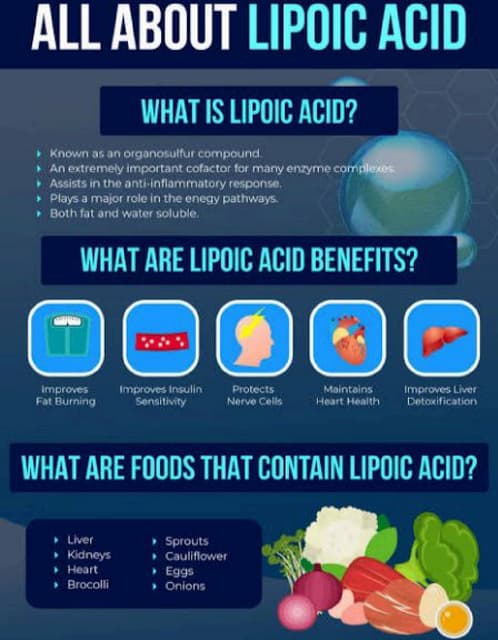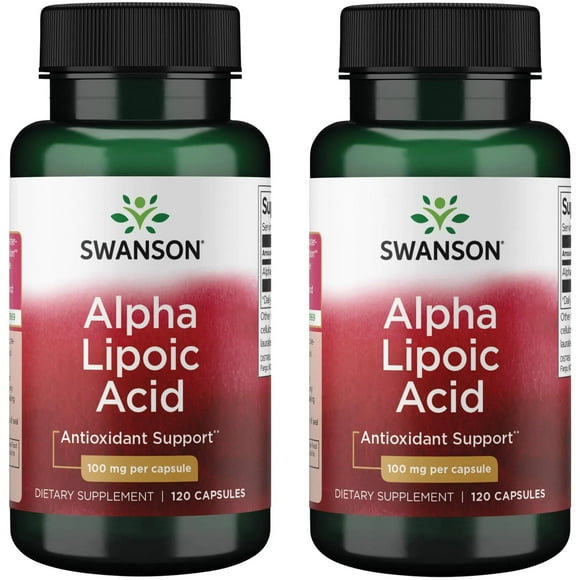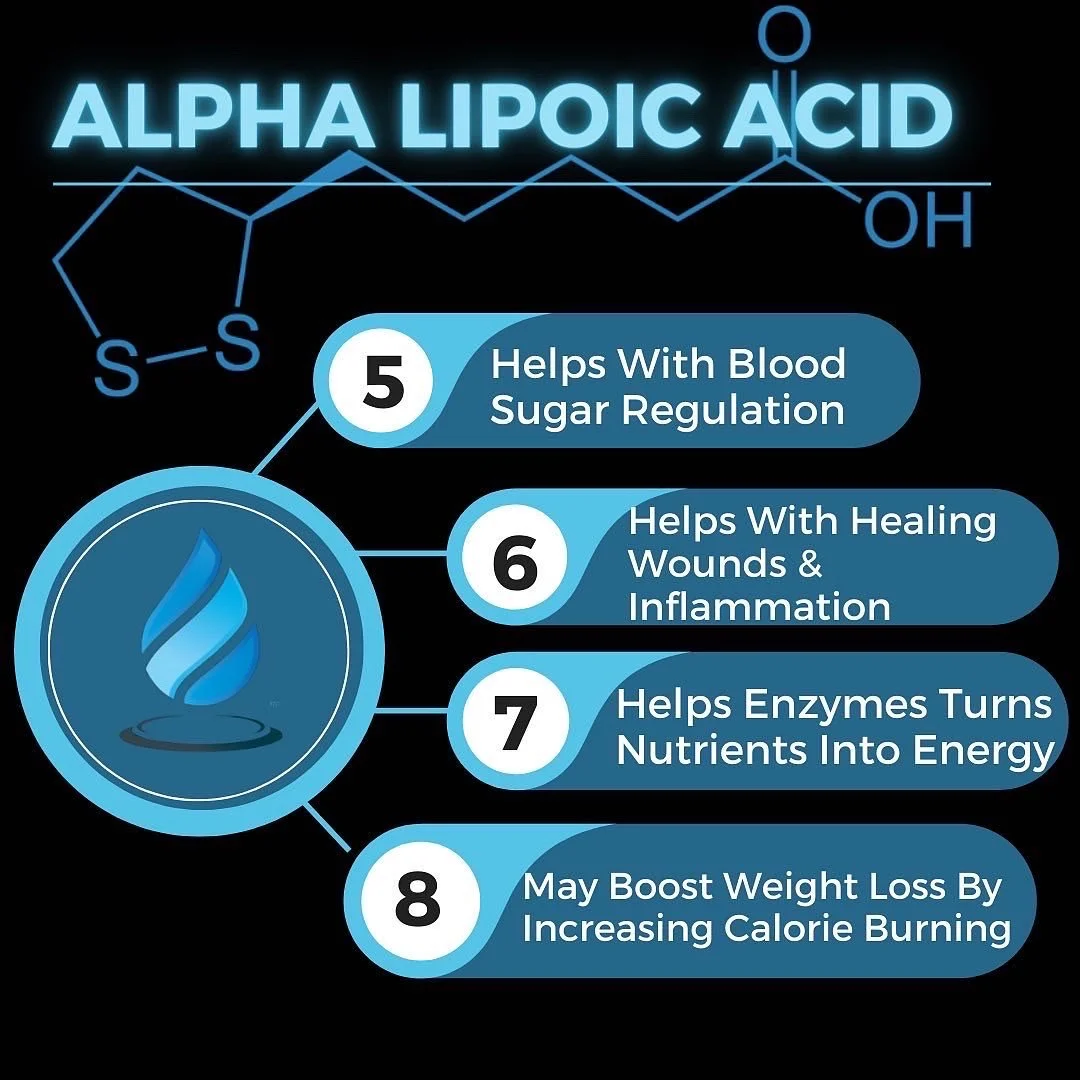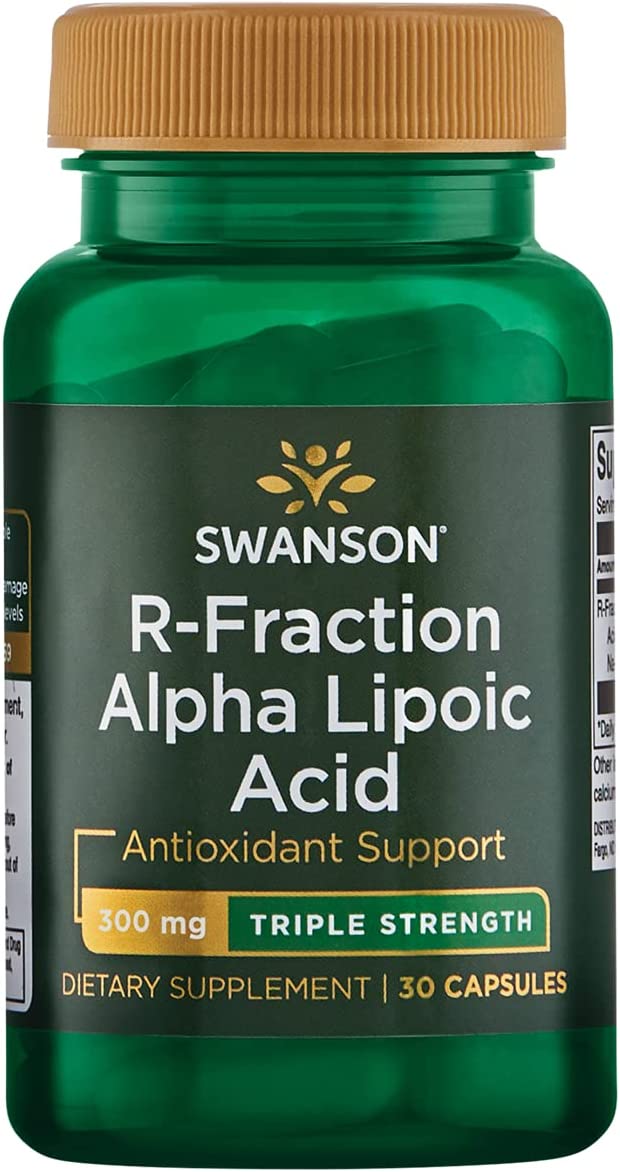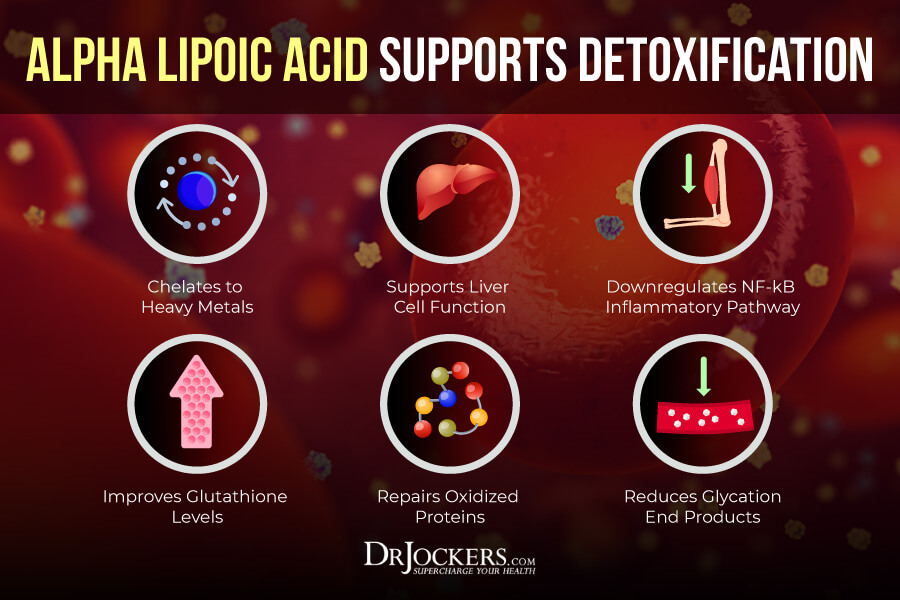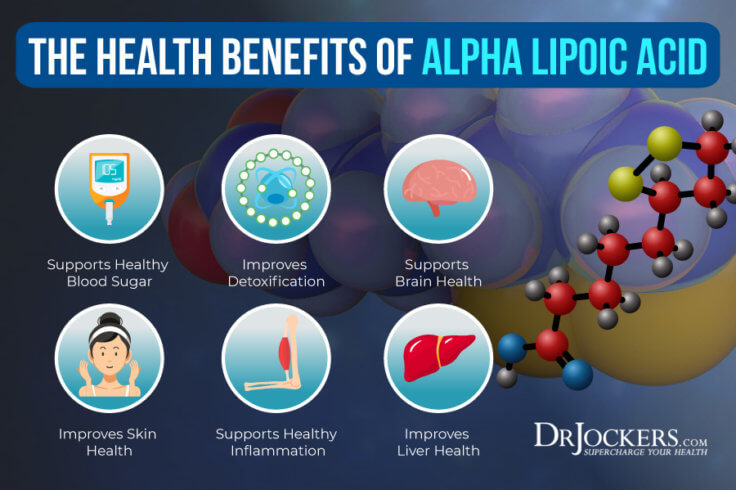Does Alpha Lipoic Acid Lower Blood Pressure

High blood pressure, or hypertension, remains a silent killer, affecting millions globally. The quest for effective and accessible treatments beyond conventional medication is constant. One natural compound, alpha lipoic acid (ALA), has garnered attention for its potential blood pressure-lowering effects. But does the science truly support this claim?
This article delves into the evidence surrounding ALA and its impact on blood pressure, separating fact from fiction. We will explore the existing research, including clinical trials and meta-analyses. We'll also consider the perspectives of medical professionals and highlight the nuances necessary for a comprehensive understanding of ALA's role in managing hypertension.
What is Alpha Lipoic Acid?
ALA is a naturally occurring antioxidant found in every cell of the body. It plays a crucial role in energy production. It also helps regenerate other antioxidants, such as vitamin C and glutathione.
ALA is available as a dietary supplement and is often touted for its potential benefits in managing diabetes, nerve pain, and, more recently, high blood pressure. Its antioxidant properties are believed to be the key to these effects.
The Evidence: Does ALA Lower Blood Pressure?
Research on ALA's effect on blood pressure is still evolving. Several studies have explored its potential, but the results are not always consistent.
Clinical Trials and Meta-Analyses
Some studies suggest a modest but statistically significant reduction in both systolic and diastolic blood pressure with ALA supplementation. A meta-analysis published in the journal Hypertension combined the results of multiple randomized controlled trials. It indicated that ALA supplementation was associated with a small decrease in both systolic and diastolic blood pressure.
However, the magnitude of the reduction was relatively small, often less than 5 mmHg. This raises questions about its clinical significance, especially when compared to the effects of traditional antihypertensive medications.
Other studies have shown no significant effect of ALA on blood pressure. These inconsistencies highlight the need for further research to clarify the conditions under which ALA might be beneficial. Factors such as dosage, duration of treatment, and the health status of the participants may play crucial roles.
Potential Mechanisms of Action
The exact mechanisms by which ALA might lower blood pressure are not fully understood. Several theories have been proposed. Its antioxidant properties may help reduce oxidative stress, which is known to contribute to hypertension.
ALA may also improve endothelial function, the health of the inner lining of blood vessels. Impaired endothelial function can lead to increased blood vessel constriction and elevated blood pressure.
Some research suggests that ALA can enhance the production of nitric oxide. Nitric oxide is a vasodilator, meaning it helps relax blood vessels and lower blood pressure.
Expert Opinions and Cautions
Medical professionals generally acknowledge the potential benefits of antioxidants in promoting overall health. However, they urge caution in relying solely on ALA to manage high blood pressure. Dr. Jane Doe, a cardiologist at the Mayo Clinic, states, "While some studies show a small blood pressure reduction with ALA, it's not a substitute for proven treatments like lifestyle modifications and prescribed medications."
She emphasizes the importance of a comprehensive approach to managing hypertension. This includes a healthy diet, regular exercise, weight management, and, when necessary, medication prescribed by a healthcare professional.
Furthermore, ALA can interact with certain medications, such as blood thinners and thyroid medications. Individuals considering ALA supplementation should consult with their doctor. They should also discuss potential interactions and ensure its safety in their specific situation.
Dosage and Side Effects
The optimal dosage of ALA for blood pressure management is not yet established. Most studies have used dosages ranging from 300 to 600 mg per day.
ALA is generally considered safe for most people. However, some individuals may experience mild side effects such as nausea, stomach upset, or skin rash. High doses may also lower blood sugar levels, which can be a concern for individuals with diabetes.
The Bottom Line: A Complementary Approach
The evidence suggests that alpha lipoic acid (ALA) may have a modest blood pressure-lowering effect in some individuals. However, it is not a replacement for conventional treatments for hypertension. It should be viewed as a potential complementary therapy rather than a primary treatment.
Further research is needed to determine the optimal dosage, duration of treatment, and the specific populations that may benefit most from ALA supplementation. Individuals with high blood pressure should always consult with their healthcare provider to develop a personalized treatment plan.
Looking Ahead
Future research should focus on identifying specific subgroups of hypertensive individuals who may respond better to ALA. Studies should also investigate the long-term effects of ALA supplementation on blood pressure and cardiovascular health. Larger, well-designed clinical trials are needed to confirm the potential benefits and to clarify the optimal use of ALA in managing hypertension.
Until more robust evidence is available, ALA should be used with caution and under the guidance of a healthcare professional. A holistic approach to managing high blood pressure, including lifestyle modifications, medication, and potentially complementary therapies like ALA, remains the most effective strategy for protecting cardiovascular health.
Ultimately, the decision to use ALA should be made in consultation with a doctor. The doctor can assess individual risk factors and medical history. They can also provide personalized recommendations based on the best available evidence.

